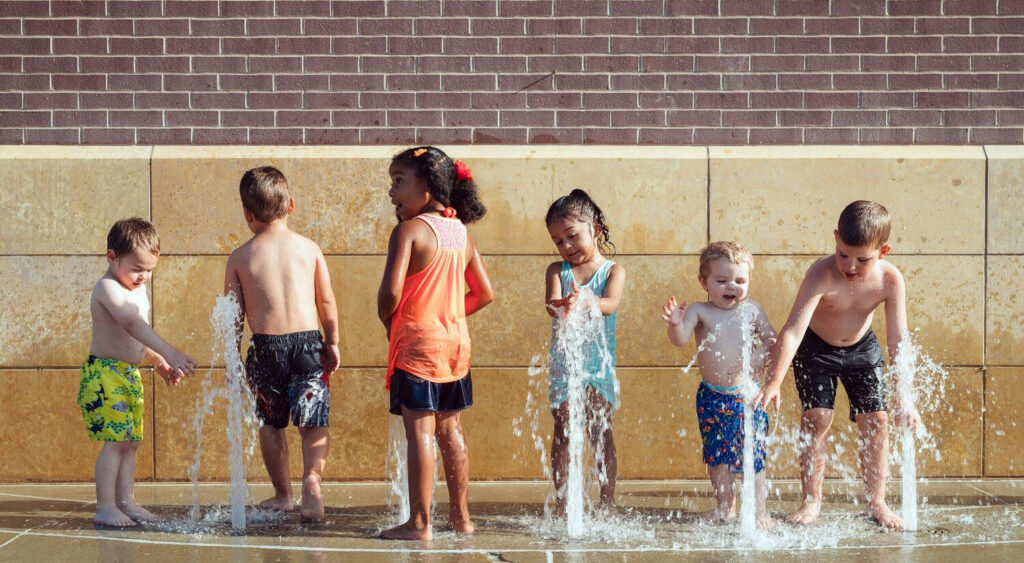
Collaborative & Proactive Solutions (CPS) is an evidence-based, trauma-informed, neuro-affirming approach to working with kids with social, emotional, and behavioral challenges in families, schools, and treatment facilities.
Originated by Dr. Ross Greene, it is distinguished by several important features:
Concerning behaviors are simply the means by which children communicate that there are expectations they are having difficulty meeting. In the CPS model, those “unmet” expectations are called “unsolved problems,” and the goal is to solve them (so they don’t cause concerning behaviors anymore).
If you’re going to be solving problems with kids, better to do it in a way that involves the kid (collaboratively) rather than in ways that are unilateral, punitive, and exclusionary.
There are many interventions that don’t solve any problems: detention, suspension, expulsion, paddling, de-escalating, restraint, seclusion, teaching and re-teaching replacement behaviors, and incentives.
If you’re going to be solving problems with kids, you don’t want to be in crisis management mode; you want to be in crisis prevention mode. Fortunately, unsolved problems are highly predictable and can be solved proactively. If you’ve been thinking that crisis prevention begins with de-escalation, we’ll help you re-think that.
Collaborative and Proactive Solutions™